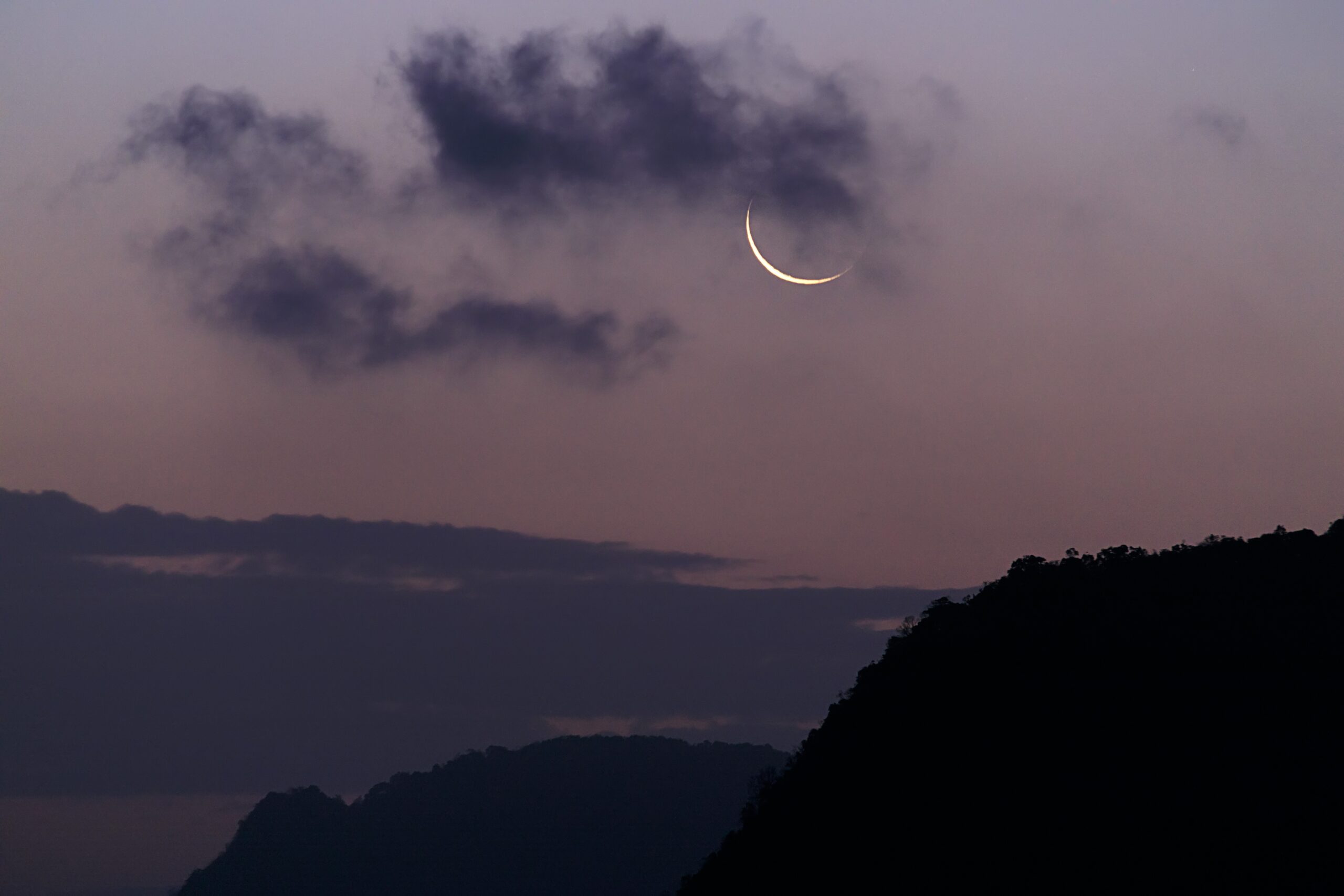Since February 1st, 2022, it’s been natural for me to say that I’m “in transition.”
At first, I was transitioning out of what I’m now fairly certain was my last full-time job in corporate America. Out of professional services. Out of a feeling of being constantly tethered to work, no matter the degree of autonomy and flexibility, and a nagging sense that there was always something more for me to do, or that there was always someone somewhere waiting for me to do something, even if they didn’t know it yet. Out of an established identity, a particular set of routines, a rich web of interactions, and a certain kind of future.
I was transitioning into a different kind of future. Into a new calling and profession. Into new relationships to time, ambition, money, my environment, my family, and my own identity. Into a year-long “family sabbatical” experiment and experience in Costa Rica.
All throughout my time in Costa Rica, it’s been easy to continue saying that I’m “in transition.” I’m not at “home” after all. I’m far enough removed, literally and figuratively, that most people from “home” can only guess at how exactly life is lived here.
It’s freeing, I’ve realized, to be just out of reach of others’ assumptions and expectations.
We’re now winding down our experience and preparing to go back to the US. It will be another transition. A transition into a rediscovery and remaking of “home” and “work.” A transition into the summer months of no school plus sporadic summer camps (a transition, by the way, that I always felt corporate America pretends does not exist). A transition into new questions about what comes next. A transition into new opportunities.
A part of me acknowledges and appreciates that I’ll be “in transition” for much longer. There’s a sense of open-ended possibility.
But another part of me fears that “in transition” sounds like a convenient excuse—nothing more than a socially acceptable way to be less assured about the future. This part fears that one can only be “in transition” for so long before someone loses patience.
I wonder who loses patience (me?). And I start to wonder how it is that we can ever truly feel like we’re not in transition. I’ve been in transition, and after transitioning out of my transition, I’ll still be in transition.
In retrospect, even before I felt I had true permission to be “in transition”—i.e., when I was still working at my previous job—nothing was permanent. I never feared for my job, but in my job, there was a constant sense of churning in the air and a perpetual waiting for the dust to settle. The dust never settled. There were endless thought exercises in projecting various futures related to minor and major shifts in leadership, strategic priorities, organizational structures, and the external environment that presented an unending parade of variables to consider, plan for, and respond to.
The clients I know (perhaps especially the ones fully employed by a corporation) are also constantly being thrown into some kind of transition, whether professional or personal. Usually, both.
But they don’t often see the transition they’re in. Instead, they see themselves in transit. They want to know where they’re headed and how they’re going to get there and how they’ll deal with all the trolls under the bridges. One client once described the feeling as standing in front of the big schedule board at Grand Central (before it went digital, I’m guessing), waiting for the endlessly cascading tiles of information to finally reveal his train and track number.
It’s not just my clients. It’s us humans, wanting everything to be settled, once and for all, so that we can finally “move on” with our lives.
What would happen if we fought less to keep everything around us constant? If we instead accepted that none of us is, and none of our lives are? That, moment by beautiful moment, we are in transition?
That in transition, we are both being and becoming?

Be the first to comment